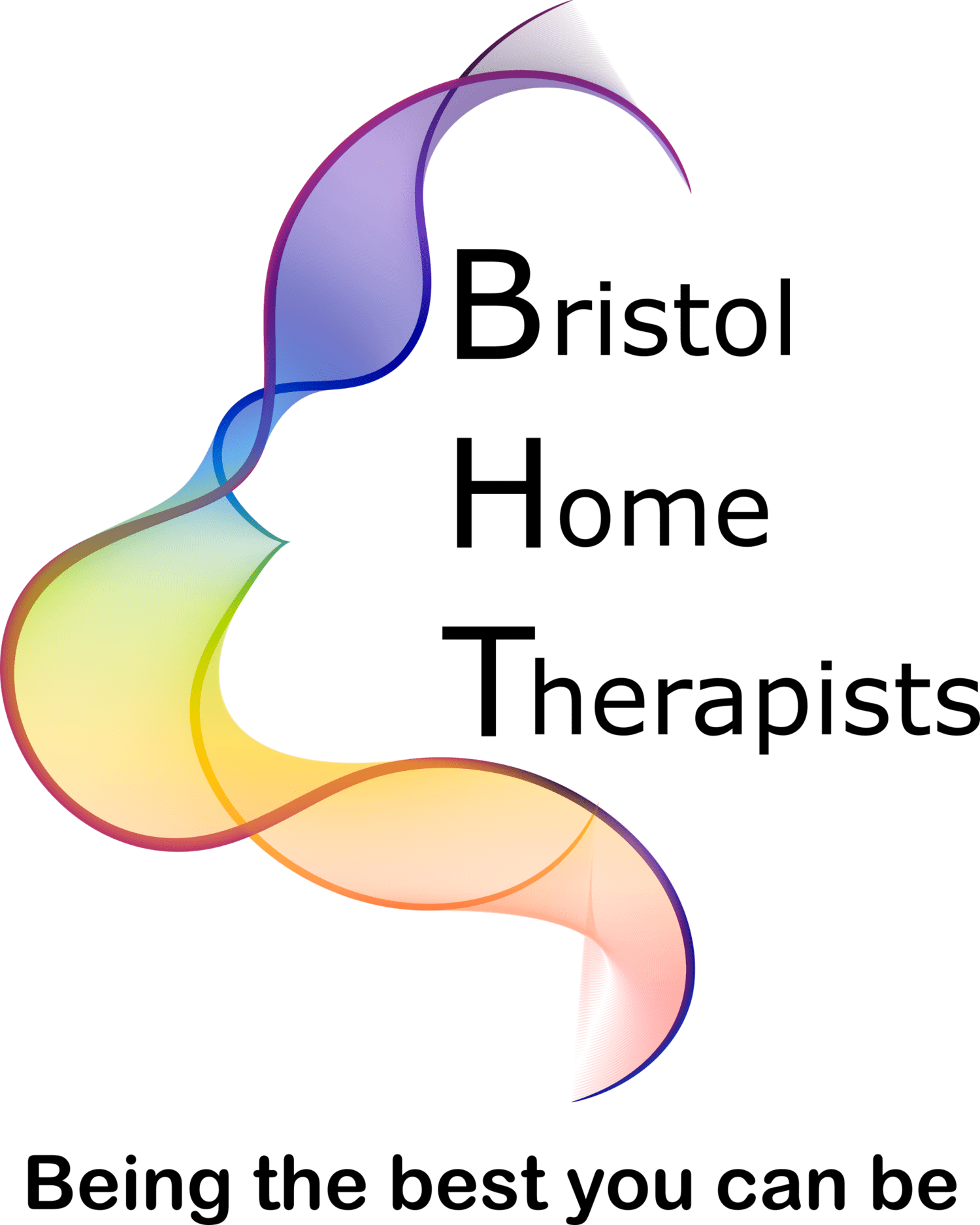Falls Prevention
All of us have fallen at some time in our lives and most of the time these falls result in no or minor injury. However, as you get older these falls can become more frequent and more serious.
Often people are ashamed to admit that they have fallen, worried about what others might think.
“It is recommended that you should seek medical advice from your GP if you have fallen, especially if you hit your head. They may complete a medication review and a review of your blood pressure.
It is recommended that you keep up to date with your eye tests. At this difficult time during the COVID 19 pandemic you may feel worried about going to the opticians. Opticians are working in a covid safe manner but please ask the opticians if they complete home visits to perform the sight test. “ (NHS website)
The www.NHS.uk states that older people are more likely to have a fall due to multiple reasons: because they have balance problems and muscle weakness, poor vision, a long-term health condition, such as heart disease, dementia, low blood pressure (hypertension), which can lead to dizziness and a brief loss of consciousness.
www.NHS.uk provides a list of recommendations to avoid falls at home:
Tips for preventing falls in the home include:
Immediately mopping up spillages
Removing clutter, trailing wires and frayed carpet
Using non-slip mats and rugs
Making sure all rooms, passages and staircases are well lit
Organising your home so that climbing, stretching and bending are kept to a minimum, and to avoid bumping into things.
Getting help to do things you are unable to do safely on your own.
Not walking on slippery floors in socks or tights.
World Health Organisation (WHO) stated:
Community Dwelling Older People are:
Thirty percent of people over 65 and 50% of those over 80 fall each year
Older adults who fall once are two to three times as likely to fall again within a year.
Approximately 10% of United Kingdom ambulance service calls are to people over 65 who have fallen. About 60% of cases are taken to hospital.
Twenty to thirty percent of those who fall suffer injuries that reduce mobility and independence.
The Benefits of Occupational Therapy and Physiotherapy within falls prevention
Occupational Therapy and Physiotherapy assessment and intervention within your home environment in conjunction with a review by the GP can reduce the risk of falls.
A home visit would be completed jointly by the Occupational Therapist and Physiotherapist. The visit will involve an assessment of your mobility, transfers and a discussion on how activities of daily living are completed (washing, dressing, cooking, hobbies).
It is important to discuss where and when recent falls, stumble, trips or near misses occurred.
The Occupational Therapist can identify potential hazards within the home environment and activities that can increase the falls risk. They will be able to suggest any adaptive equipment, grab rails that can aid and increase independence in activities of daily living and improve confidence.
The Physiotherapist will provide an individual exercise program including both strength and balance exercises. The completion of these exercises will improve your strength, balance, exercise tolerance and confidence. A mobility aid may be recommended.
If you or a family member have suffered from a trip, stumble, near miss or fall recently or you have concerns and you would like to have a falls prevention assessment please contact Bristol Home Therapists

